Map of Texting Addiction in Baltimore

In recent years, one of the most powerful applications of this technology has taken place in Baltimore, where it’s being used to help addicts in recovery. A National Institutes of Health lab located in East Baltimore provides methadone and testing to the addicts who attend. Unlike many other rehab programs, addicts don’t get thrown out if they relapse. Why? Because the data they can provide is far too valuable to researchers investigating the causes of relapses.
This data is being gathered via smartphones specifically programmed to help struggling drug users track their cravings and relapse episodes. The phones beep randomly throughout the course of the day with a text message asking questions like: Where are you? How are you feeling? What are you doing? Who are you with?
The scheme aims to identify the events and situations surrounding relapses. What are the events, places and people that trigger drug use? What happens in the precise moment an addict decides to use?
In addition to cell phones, addicts carry GPS loggers to track their movements. Researchers can see the whereabouts of participants, identifying particular blocks or parts of town that precipitate a relapse. Knowing the location of an addict when they use – or think about reusing – is helping the team better understand the patterns of behavior that lead to a relapse.
The scheme is not the first SMS-based solution to treating addiction. Problem drinkers have been helped by a text message program that monitors their alcohol intake. Participants took weekly surveys and, depending on their responses, received automated text messages containing words of encouragement or recommendations for limiting alcohol consumption. The results showed that, on average, heavy drinkers can cut their intake by up to half by using such a scheme.
The nature of the platform is well-suited to self-monitoring and the setting of short term goals. People generally carry their phones everywhere, making them the perfect tool for reminding people to stay aware of unhealthy behaviors. Even just being told to ‘hang in there’ can work wonders for problem drinkers who are trying to keep on top of their alcohol intake. Mobile technology gives addicts a pocket clinician-cum-counselor that won’t let them down.


